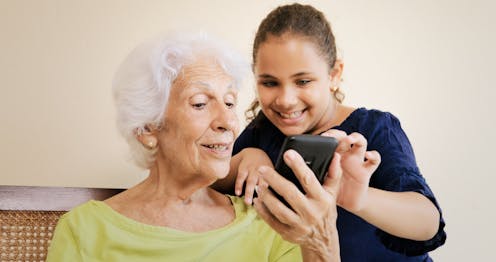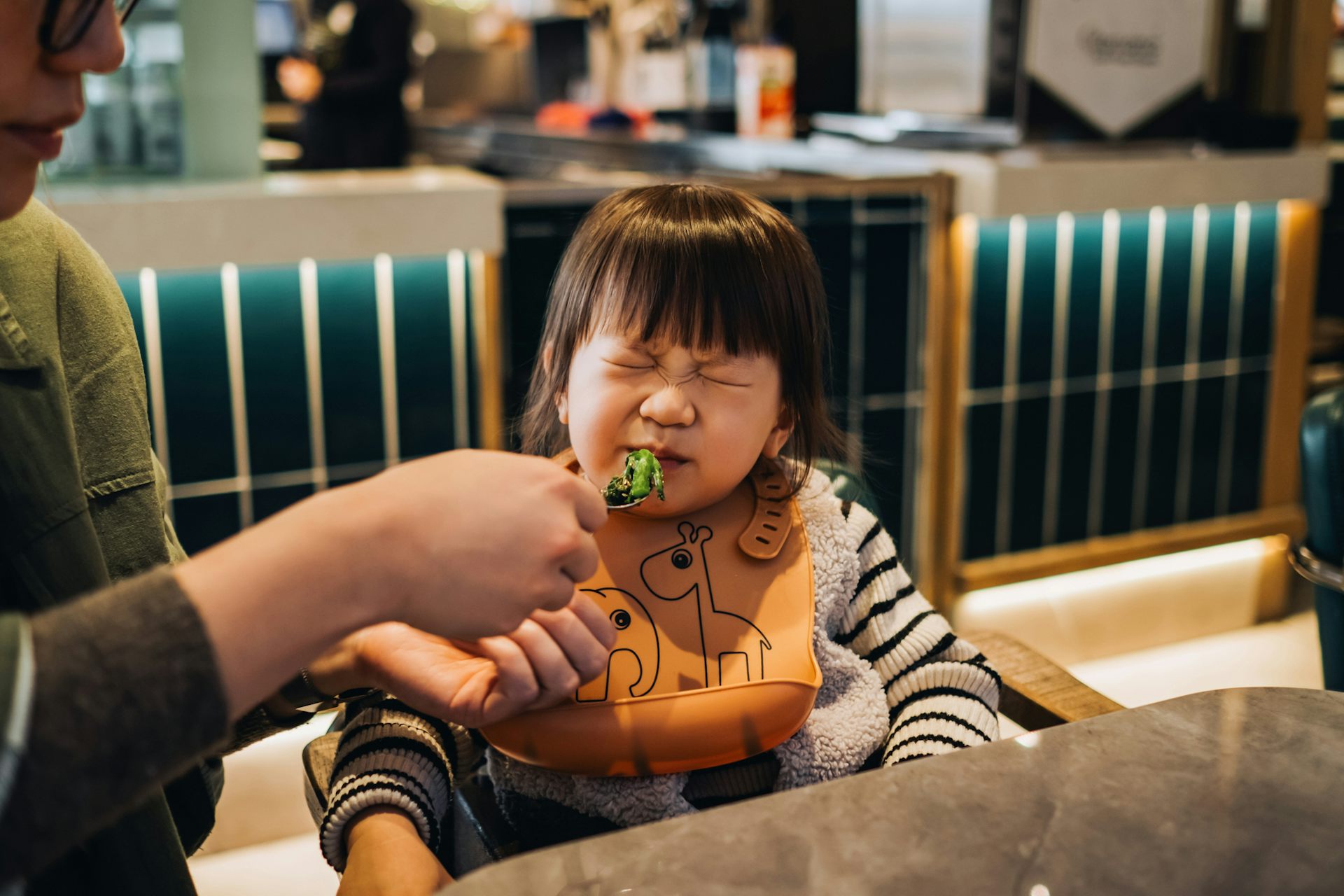Skip fights about digital devices over the holidays – instead, let them bring your family together
Older relatives often object to younger people using their smartphones and tablets during family gatherings. But digital devices can connect distant relatives year-round.

Holidays are a time for family and friends to come together, to celebrate and to enjoy each other’s company. Older adults, who are often lonely and socially isolated, can particularly look forward to reconnecting with family and friends. However, when technology enters the picture, gatherings may not be quite so positive.
All across the U.S., people of all ages are increasingly using technology – including adults 65 and older. My research, and that of others, has found that using computers, smartphones and the internet can help seniors fight depression and loneliness, and enhance their sense of well-being and self-worth. Technology use can also help older adults feel like they matter to others and help them stay connected with loved ones.
However, my research, with colleagues, has also found that older adults still prefer in-person social interactions. This can cause problems during holiday-season family gatherings, when younger relatives are likely to want to spend lots of time on their smartphones and other devices, often ignoring others in the same physical location. It’s a conflict one of my Ph.D. students, Christopher Ball, has called the “physical-digital divide.” Fortunately, our work both offers explanations for these difficulties and suggests ways to turn holiday disagreement and disappointment into increased family connection that can last all year long.
Conflicting feelings
When they’re away on family visits that can last several days, it’s common for young people – tweens, teens and those in their 20s – to want to stay connected to their friends. However, older adults nearby may feel frustrated, disrespected, isolated and even offended.
In our study, older adults told us they often attempt to limit this and other negative effects of digital devices by declaring tech-free “bubbles” at particular times or places. They ask their friends and relatives to put devices aside during mealtimes and other key activities, to better focus on engaging with others face to face.
But that’s not the only way to create a balance between using technology and interacting directly.
Finding opportunities
Certainly there can be times when devices should be put down and in-person interaction comes first. Yet all generations can benefit when older family members see how they can use technology to improve their own lives.
Our work suggests that situations with potential for intergenerational conflict can be shifted to bring relatives together: Younger generations can show their older family members about technological devices.
Grandchildren, for example, can demonstrate to their grandparents how they use mobile phones, tablets and social media, explaining what they like about the technologies. It might even turn into a teaching opportunity, helping older family members learn to entertain themselves online. They might even want to find out how to text – or even video chat – with geographically distant relatives. Using these technologies can help people stay connected to friends and family once the holidays are over.
That will likely require some additional patience on the part of the younger technology coach. Older adults learn at slower rates than younger generations. And it may be harder for them to remember instructions, so they might need to be shown how to use the device or app several times. A key factor is making sure the relatives know they can ask for help when technical difficulties inevitably strike.
If older family members see how excited their descendants are about using digital devices, they may decide to cross the generational digital divide – which can help them live more enjoyable, connected lives not just during the holidays, but all throughout the year.
Shelia R. Cotten has received funding from the National Institutes of Health/National Institute on Aging for part of the research that she conducted that was cited in this article as background literature (Grant #5R01AG030425).
Read These Next
Violent aftermath of Mexico’s ‘El Mencho’ killing follows pattern of other high-profile cartel hits
Members of the Jalisco New Generation Cartel have set up roadblocks and attacked property and security…
Crowdfunded generosity isn’t taxable – but IRS regulations haven’t kept up with the growth of mutual
Some Americans are discovering that monetary help they received from friends, neighbors or even strangers…
What is Bluetooth and how does it work?
Did you know that your wireless earbuds contain a tiny radio transmitter?





